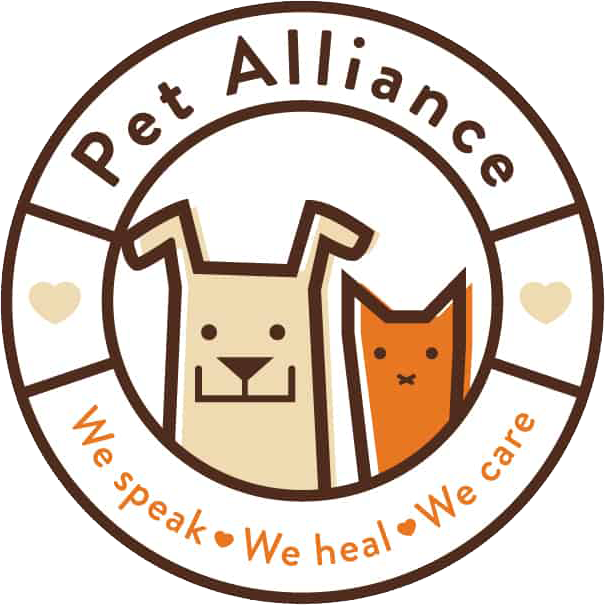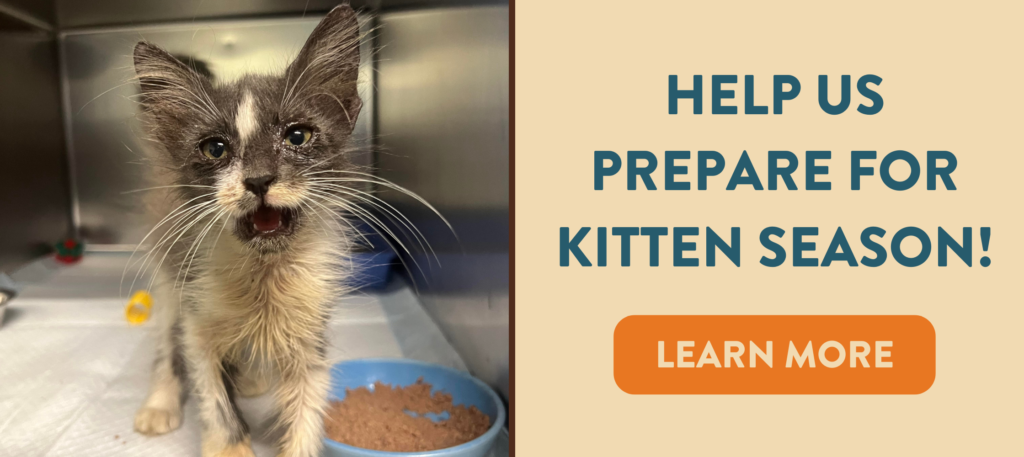Housetraining a puppy requires vigilance, patience, and plenty of commitment. By following the procedures outlined below, you can minimize house soiling incidents, but virtually every puppy will have an accident in the house, and more likely, several. Expect this—it’s part of raising a puppy.
Establish a Routine
Puppies do best on a regular schedule. Take your puppy outside frequently—at least every two hours—and immediately after he wakes up from a nap, after playing, and 30 minutes after eating or drinking.
Praise your puppy lavishly every time he eliminates outdoors—you can even give him a treat.
If you clean up an accident in the house, take the soiled rags or paper towels and leave them outside in the potty area. The smell will help your puppy recognize the area as the place he is supposed to eliminate. If it smells like a toilet, it is a toilet. While your puppy is eliminating, use a word or phrase, like “go potty,” that you can eventually use before he eliminates to remind him what to do.
Put your puppy on a regular feeding schedule and feed a high-quality diet to make housetraining easier. Depending on their age, puppies usually need to be fed three or four times a day. Feeding your puppy at the same times each day will make it more likely that he’ll eliminate at consistent times as well, and that makes housetraining easier for both of you.
Keep Your Eyes Peeled
Don’t give your puppy an opportunity to soil in the house; keep an eye on him whenever he’s indoors. You can tether him to you with a six-foot leash, or use baby gates to keep him in the room where you are. Watch for signs that he needs to eliminate, like sniffing around or circling. When you see these signs, immediately take him outside to his bathroom spot. If he eliminates, praise him lavishly and reward him with a treat.
Confinement
When you’re unable to watch your puppy at all times, he should be confined to an area small enough that he won’t want to eliminate there. The space should be just big enough for him to comfortably stand, lie down, and turn around in. You can use a portion of a bathroom or laundry room blocked off with baby gates. Or you may want to crate train your puppy and use the crate to confine him. (Be sure to learn how to use a crate humanely as a method of confinement.) If your puppy has spent several hours in confinement, you’ll need to take him directly to his bathroom spot as soon as you let him out, and praise him when he eliminates.
- When you catch him in the act of eliminating in the house, do something to interrupt him. Immediately take him to his bathroom spot, praise him, and give him a treat if he finishes eliminating there.
- Don’t punish your puppy for eliminating in the house. If you find a soiled area, it’s too late to administer a correction. Just clean it up. Rubbing your puppy’s nose in it, taking him to the spot and scolding him, or any other punishment will only make him afraid of you.
- Cleaning the soiled area is very important because puppies are highly motivated to continue soiling in areas that smell like urine or feces. Use a non-ammonia based enzyme eating product.


